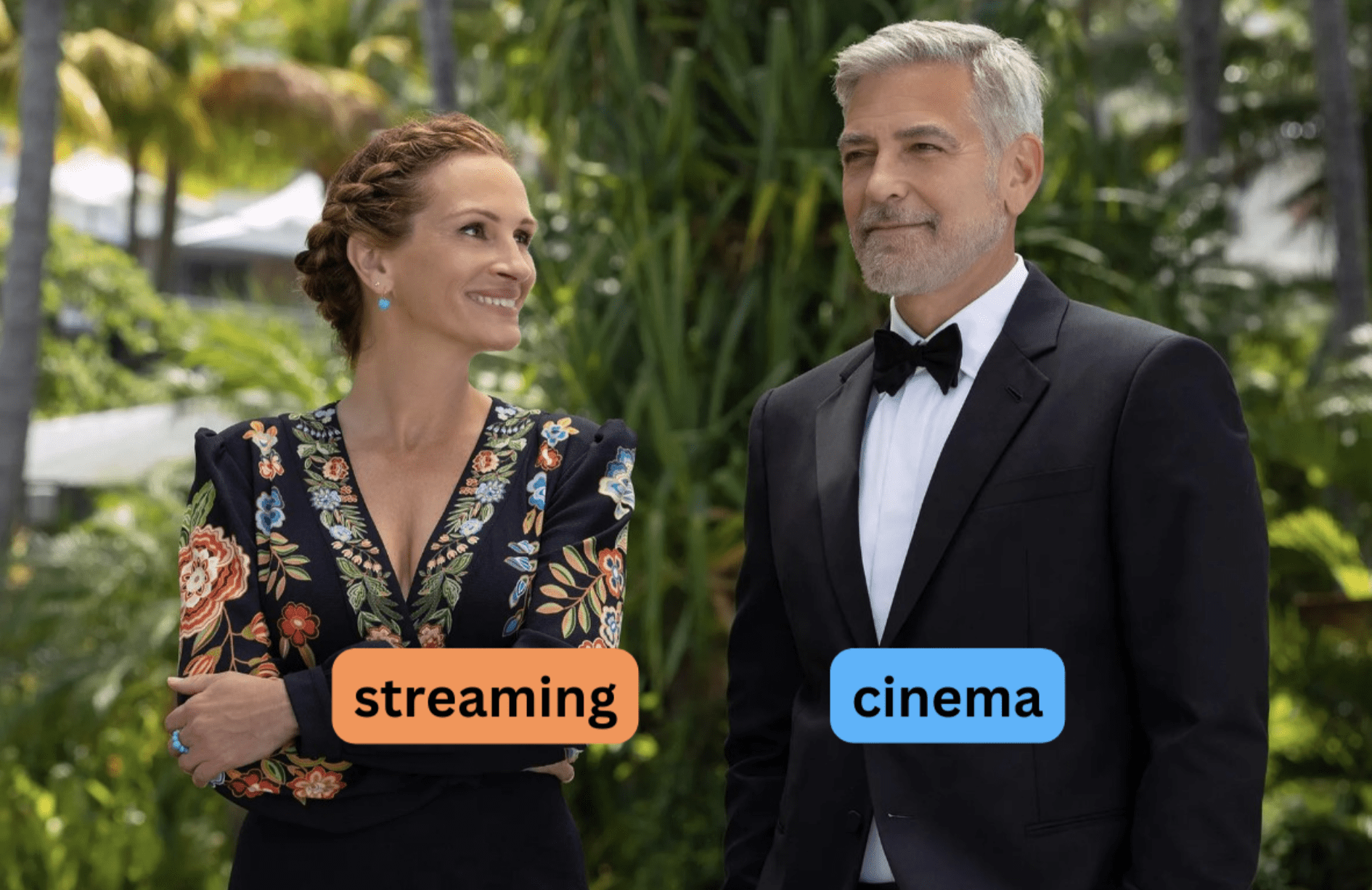Steven Spielberg, one of the greatest living directors, recently told Tom Cruise that he “might have saved theatrical distribution” with his 2022 film Top Gun: Maverick. Regardless of whether you think the Top Gun sequel was an enjoyable ride or military propaganda, this sparked a huge question: how do we preserve the purity of ‘going to the movies’ amidst the rise of streaming services?
The COVID-19 pandemic has renewed these concerns — public health standards and higher costs of living have contributed to audiences shifting towards streaming services, forgoing the ‘cinematic experience.’ In fact, going to the cinema is more commonly associated with a fun couple of hours to hang out with friends or family, rather than the luxury of viewing a film. In other words, the cinema isn’t the only option anymore. Nor is it the only source of content, with young people preferring streaming services, or Youtube and other “audiovisual” methods like social media and video games for their daily dose of entertainment.
The recycled, promotional slogan of “see movies on the big screen…where they are intended” is becoming obsolete. Yes, movies work better in a dark room with strangers, but the higher expenses are not limited to ticket fares: cinemagoers face travel expenses, as well as unreasonably priced snacks and drinks. In comparison with a monthly streaming fee with access to a catalogue of movies and TV shows, it becomes a question of value for money, rather than a question of whether cinema is dying..
Executives like Tearlach Hutcheson, Vice President of Film at Studio Movie Grill, still viewed 2022 as a “rebound year.” Pre-pandemic numbers are not predicted until 2024. Even major film markets like China, which Hollywood has counted on for profit, have seen up-and-down figures.
When movies come out a few months later on streaming, like Disney’s Thor: Love and Thunder, and Lightyear, audiences are less likely to show up to the cinema. Suffering from the same issue, awards-centric and non-blockbuster films, like She Said and The Fabelmans, were not big at the box office as audiences preferred to wait out until they hit streaming. Babylon, a blockbuster, awards-centric movie about Hollywood itself also did poorly, partially owing to its graphic content and mixed reviews.
Celebrated filmmakers, while preferring the big screen, are increasingly motivated to switch to streaming services like Netflix to produce their films without studio interference. Martin Scorsese’s last film, The Irishman (2019), was made for Netflix, whilst his upcoming film Killers of the Flower Moon (2023) is for Apple TV+. Guillermo Del Toro has released Cabinet of Curiosities (2022), and Pinnochio (2022) on Netflix with two projects on the way: The Buried Giant and a Frankenstein adaptation.
However, are streaming services a sustainable model? These platforms are fraught with difficulty — take Netflix as an example. It produces original content, and allows for limited theatrical releases when releasing awards-worthy films like Glass Onion: A Knives Out Mystery. With Glass Onion’s success, many questioned Netflix’s release strategy which prevented higher profits. Netflix isn’t interested in box office or protecting “cinema”, since its business lies in subscription. Founder and co-CEO Reed Hastings explicitly said, “we are not trying to build a theatrical business.”
On a better note, LGBTQIA+ representation has found a home on streaming services. However, Netflix has also faced criticism over its tendency to cancel series early regardless of viewership, including media such as Sense8, Shadowhunters, First Kill, Warrior Nun, and Uncoupled.
Furthermore, Netflix’s controversial new rules to combat password sharing across households (since retracted), are still being tested in Canada, New Zealand, Portugal and Spain. There is ongoing backlash over the impact of subscribers who lived in different homes, especially those at university or overseas, who would have to create separate accounts.
Whilst 2022 was seen as the year where many films — franchise entries, reboots of popular IP or, in some instances, original storytelling — brought audiences back to the cinema, streaming services remain fierce competition. According to Letterboxd, some of the most anticipated films of 2023 are Barbie, Oppenheimer, Dune: Part II, Spider-Man: Across the Spider-Verse, and Ari Aster’s new horror entry Beau is Afraid. These hyped-up films present an opportunity for higher ticket sales, and will serve as a test regarding the revival of cinema-going.
In the meantime, a movie currently taking over the box office besides the newest Ant-Man sequel is Cocaine Bear, which is about a bear who accidentally ingests cocaine and goes on a violent rampage. Watch it now in cinemas, or wait for streaming. Whatever tickles your fancy. A ticket and subscription to paradise can coexist side-by-side… until a new formula is born that challenges both.





